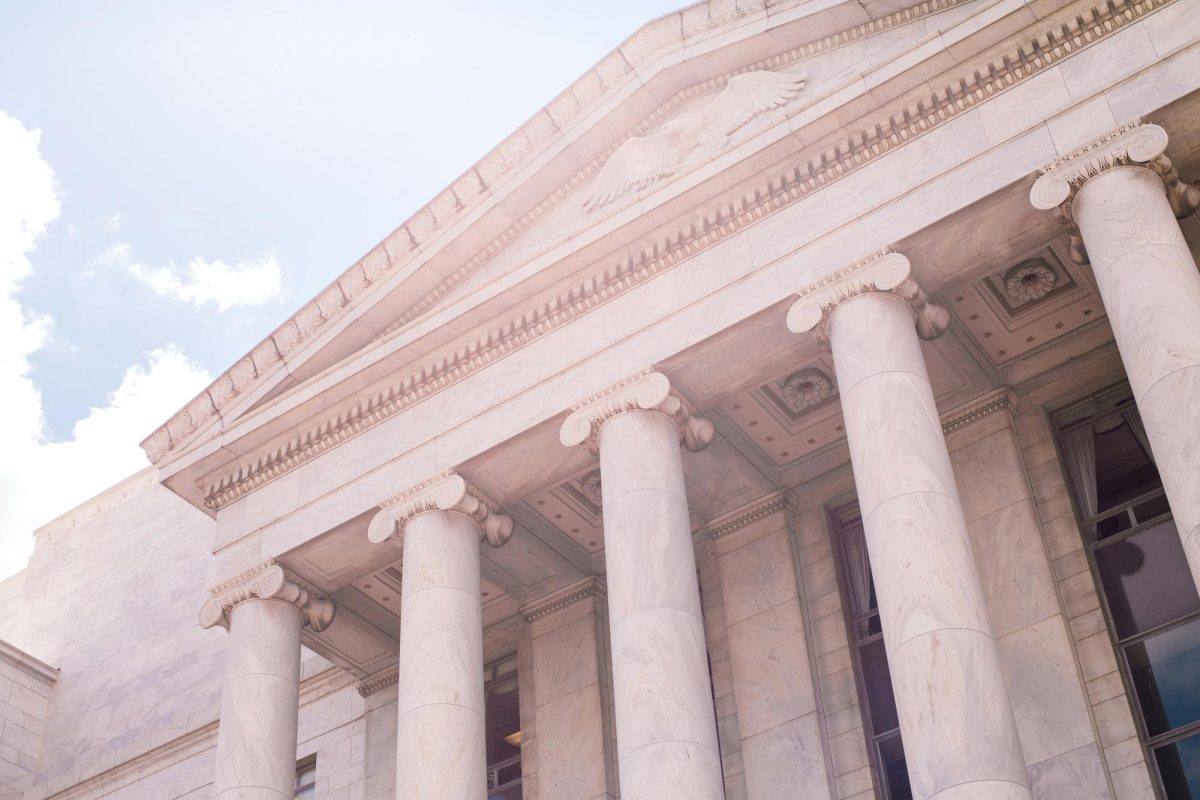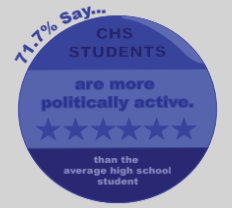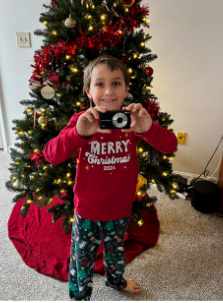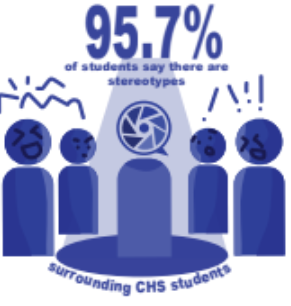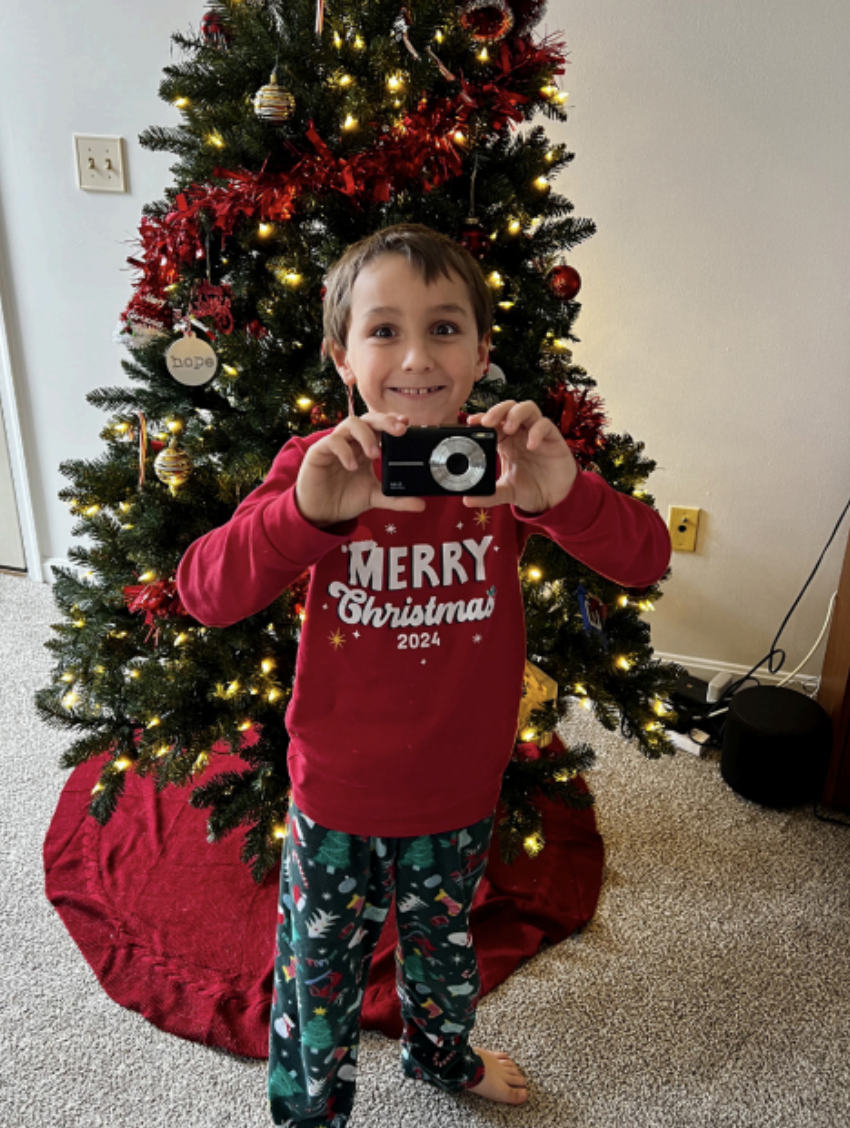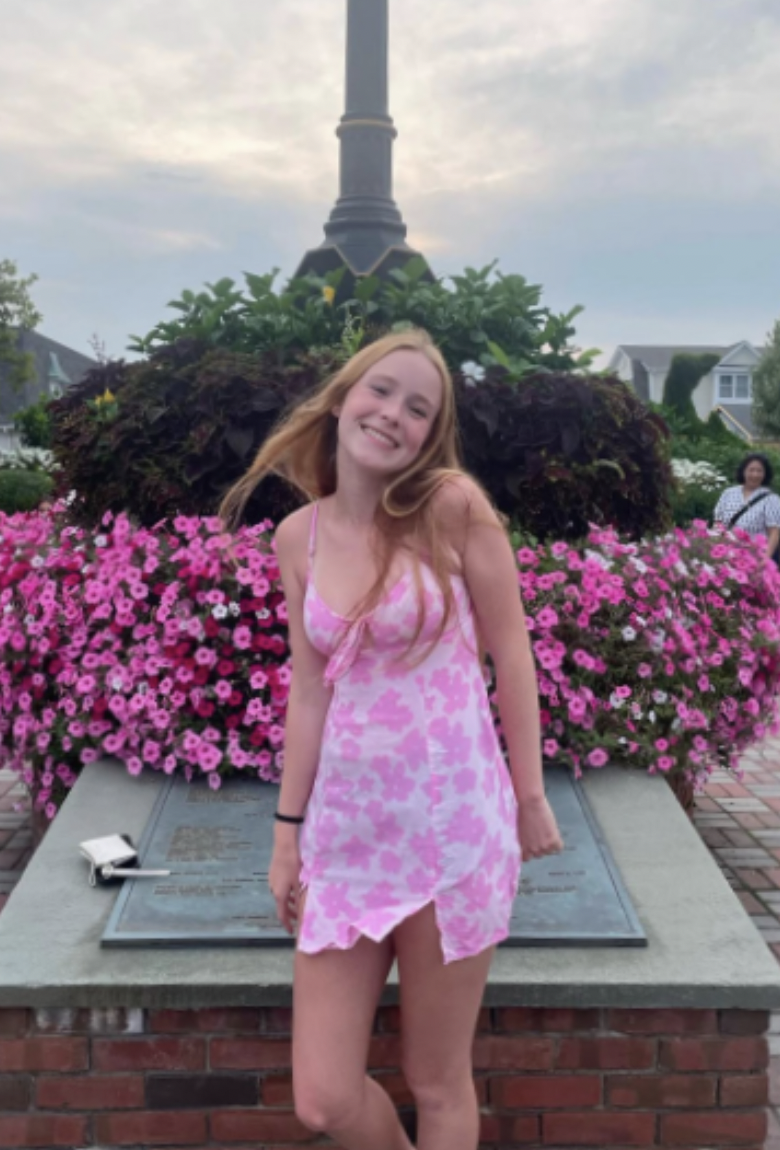The tight-knit nature of students at Communications High School (CHS) leads to them becoming increasingly interested in politics as they grow up and enter adulthood.
Junior Bianca Grann of Freehold particularly enjoys political discussions with her fellow classmates. She finds the school’s culture nurtures healthy, mature conversation regarding the nation’s issues.
“I like being able to share my thoughts with other people and hear feedback and other peoples’ opinions, and CHS students are good at that.”
Junior Jenna Lynch of Neptune claims she only has positive experiences to share about discussing politics with her peers. She believes that the inherently respective nature of the school ensures a more welcoming environment for political discussion.
“I would rather have a conversation with someone randomly selected from this school than my old school,” Lynch said. “People here are more understanding and respectful with each other so that we can know and talk about these things together.”
Attending CHS expands many students’ views on politics as they are exposed to the resources to develop their own opinions on current events.
Senior Alisa Kharod of Holmdel, who did a political internship at the District 11 Legislative Office over the summer, believes that CHS has affected her political awareness.
“It has made me more aware of everything, not just one side, because when I was in middle school, I wasn’t really hearing about this at all,” Kharod said. “What I was hearing was students saying exactly what their parents had been saying, so I wasn’t getting anything for myself. But I think with internships and with the New York Times subscription, I can read and hear about so much more just for myself.”
Teachers at CHS keep their students’ developed political opinions and activeness in mind when they teach and create lesson plans. World History teacher, Ms. Conroy, allows students to have an outlet for civil political discussions in the classroom.
“Part of the process of education is to give students a platform for exploring their own political beliefs and I think that my teaching style over the years has evolved to allow students more opportunities to engage in civil discourse in the classroom,” Conroy said. “This way, they can continue to explore their political beliefs so that their beliefs can evolve over time based on those discussions.”
While some students remain politically active through internships and having discussions with their peers, others turn to social media to express their political viewpoints.
Lynch believes social media is a useful tool for political outreach and discussions.
“It’s important that other people know and that awareness is brought to certain topics, so I do like posting my views.”



